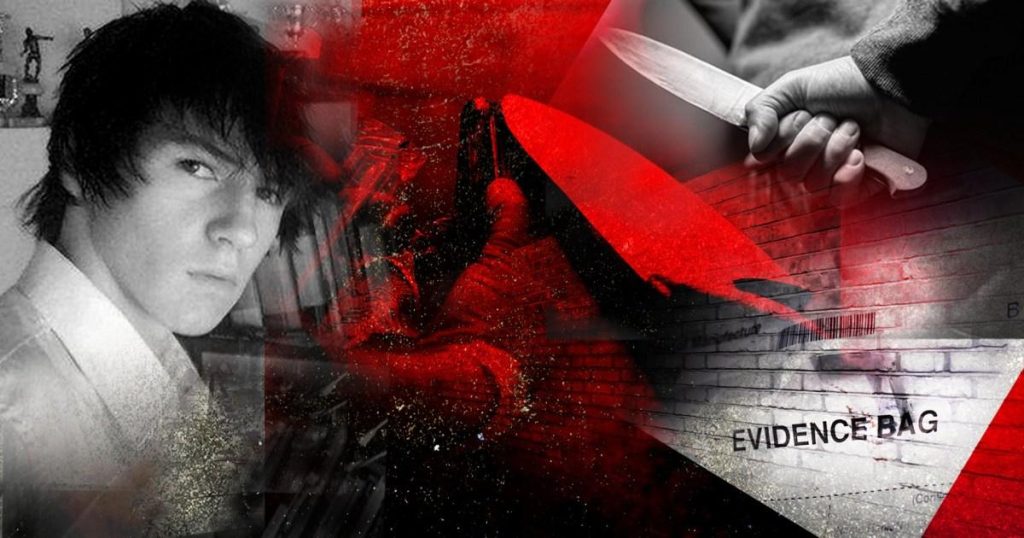The Pervasive Threat of Knife Crime in the UK
Knife crime continues to cast a long shadow over the UK, claiming lives and instilling fear in communities. Recent data analysis reveals a stark reality: almost half of all murders committed in the UK over the past two years involved knives or sharp instruments. Out of 898 recorded murders, 443 were attributed to blade-related violence, highlighting the urgent need for effective intervention strategies. This alarming trend underscores the devastating impact of knife crime, not just on victims and their families, but also on the wider social fabric. The data, compiled from Freedom of Information requests across 38 police forces, paints a grim picture of the pervasiveness of knife-related violence.
Geographic Distribution and Demographic Breakdown
London emerges as a particular hotspot for knife crime, accounting for a disproportionately high number of knife-related murders. Of the 222 murders recorded in the capital over the past two years, 145 (65%) involved knives or sharp objects. Other regions, including Thames Valley, West Midlands, Greater Manchester, and West Yorkshire, also reported significant numbers of knife-related homicides. The analysis further reveals a disturbing gender disparity: 71.71% of murder victims were male, indicating a prevalence of male-on-male violence. This trend has a "tragic impact," particularly on women who are often left to cope with the devastating consequences of losing loved ones to homicide. While male-on-male violence remains more common, the rise in violence against women is equally concerning, prompting initiatives like Metro’s "This is Not Right" campaign to address this growing epidemic.
Young Lives Lost and the Legacy of Ben Kinsella
Young people are disproportionately affected by knife crime, with the 18-24 age group accounting for a significant number of victims. Tragically, even younger individuals are not immune, as evidenced by the case of a 10-year-old killed with a sharp instrument in West Yorkshire. The murder of Ben Kinsella in 2008, a 16-year-old stabbed to death after celebrating his GCSEs, serves as a poignant reminder of the devastating consequences of knife crime. The Ben Kinsella Trust, established in his memory, advocates for targeted interventions and government action to address the root causes of this violence. The data reveals a consistent pattern: sharp instruments, including knives, are the most common method of killing in homicide cases. Over the past decade, the proportion of homicides committed with sharp instruments has fluctuated between 31% and 42% annually.
Multi-pronged Approaches to Combating Knife Crime
Recognizing the complexity of the issue, law enforcement and community organizations are employing various strategies to combat knife crime. Police forces have implemented initiatives such as Knife Crime Prevention Orders, targeting individuals as young as 12, and specialized task forces focused on youth violence. Partnerships with local communities, emphasizing education, early intervention, and diversion programs, are also crucial. However, experts acknowledge that simply arresting offenders is not a sustainable solution. Addressing the root causes, including access to mental health services and providing positive alternatives for young people, is essential for long-term change. Initiatives like banning specific types of knives, such as "zombie knives" and "zombie-style machetes," have been implemented to restrict access to dangerous weapons.
Government Action and Future Directions
The government has pledged to tackle knife crime through various measures, including banning certain types of swords, increasing fines for tech companies that fail to remove harmful content, and establishing a dedicated unit to prevent youth violence. The Home Office’s Young Futures Delivery Unit aims to provide teenagers with better opportunities and support systems, while a rapid review is underway to address the online sale of weapons to minors. The Labour Party has emphasized the importance of a robust police response and tougher penalties for offenders, alongside a commitment to halving knife crime within a decade. The government’s Crime and Policing Bill seeks to address loopholes in existing legislation and hold social media companies accountable for the sale of illegal weapons on their platforms.
A Call for Collective Action
Tackling the pervasive issue of knife crime requires a multifaceted approach involving law enforcement, government, communities, and individuals. Investing in youth programs, expanding access to mental health services, addressing underlying social issues, and holding social media companies accountable are vital steps. The ongoing efforts to ban certain types of knives and increase penalties for offenders are encouraging, but sustained, long-term commitment is crucial to achieving meaningful change and creating safer communities for everyone. The fight against knife crime is a collective responsibility that demands a comprehensive and collaborative effort.











